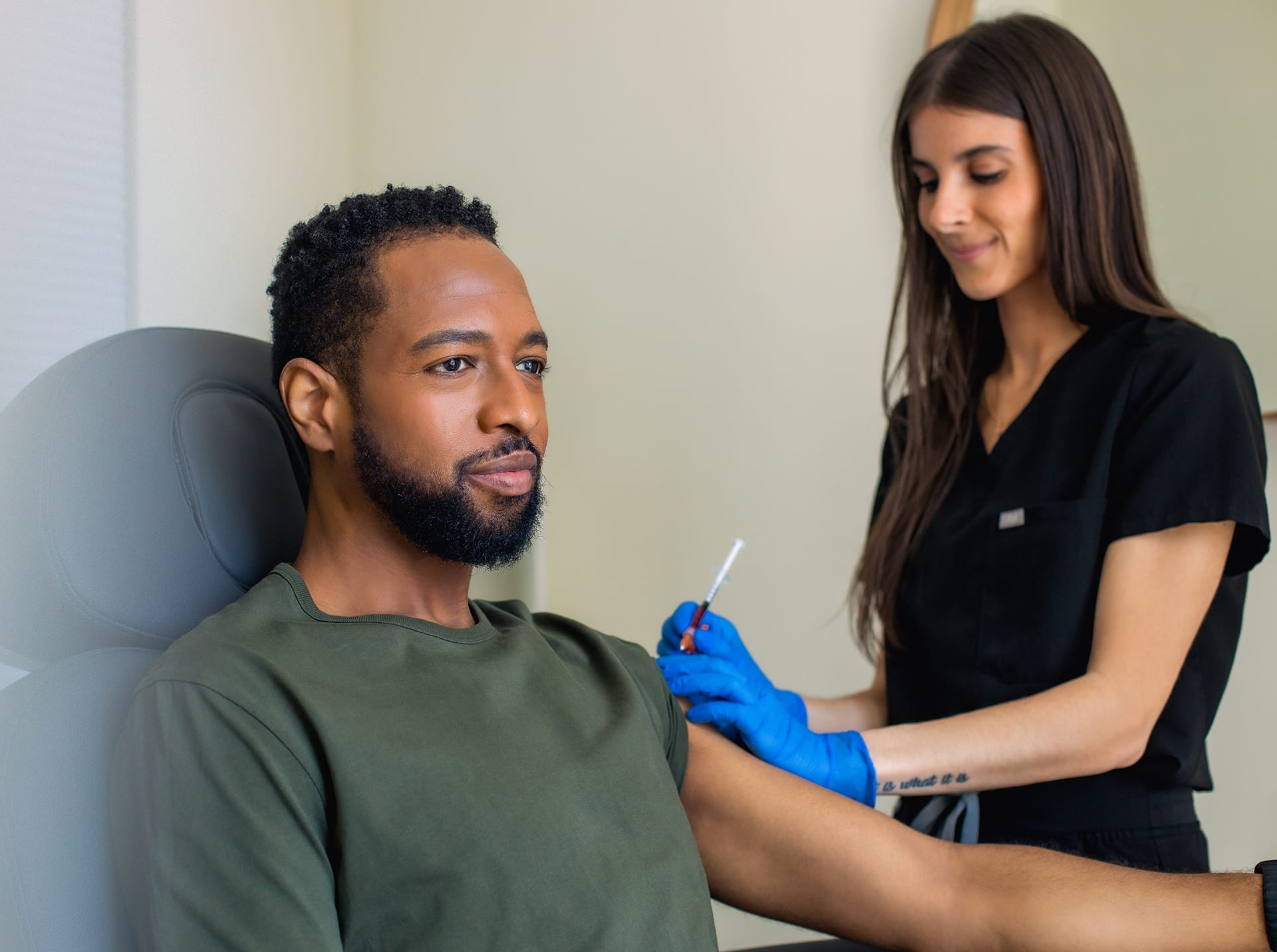Regain mobility and strength with +advitam®’s comprehensive joint injury treatments. Our advanced therapies target the root causes of joint pain, promoting faster recovery and enhanced joint function.
About Joint Injuries
Joints are crucial for mobility and stability, allowing our bodies to move smoothly and efficiently. Typical joint injuries include sprains, strains, dislocations, and tears, often caused by overuse, trauma, or degenerative conditions like arthritis. Recovery can be challenging due to the complexity of joint structures and the need for precise rehabilitation to prevent further injury. At +advitam®, we understand the intricacies of joint health and provide targeted treatments to promote healing and restore function.






